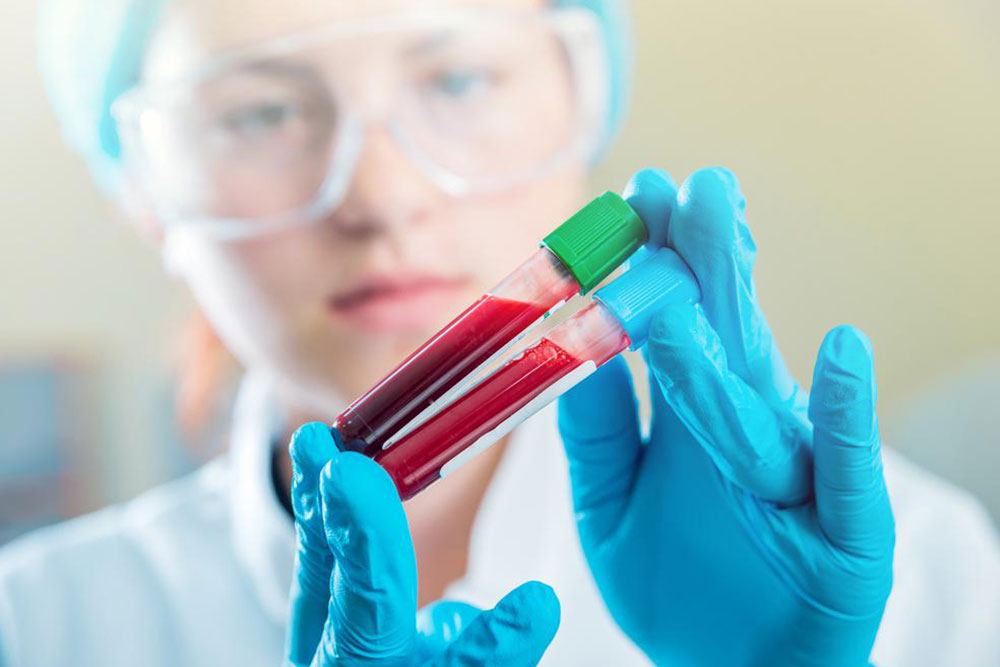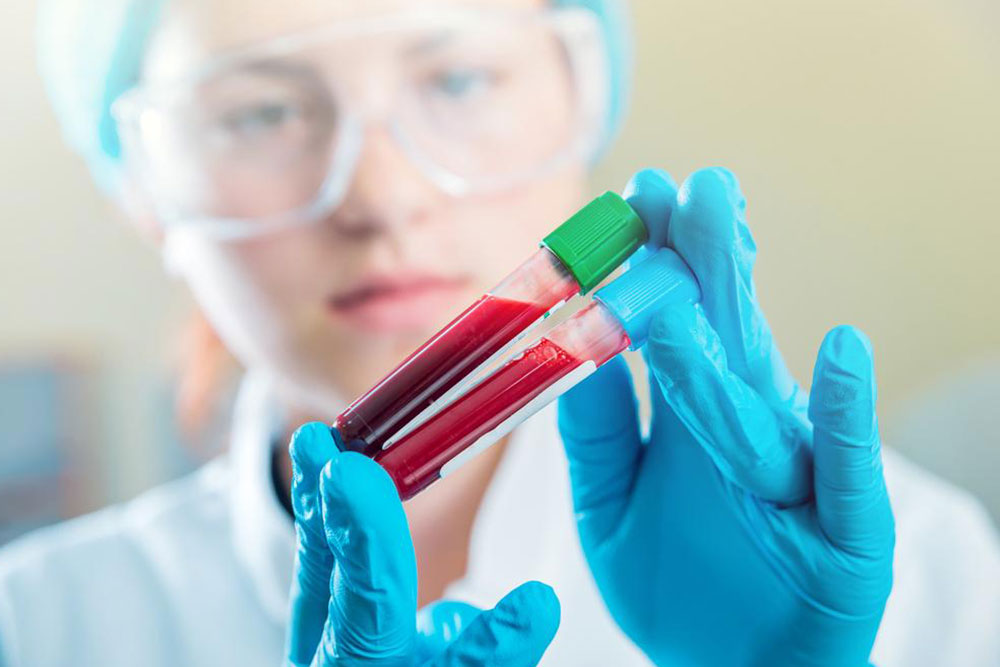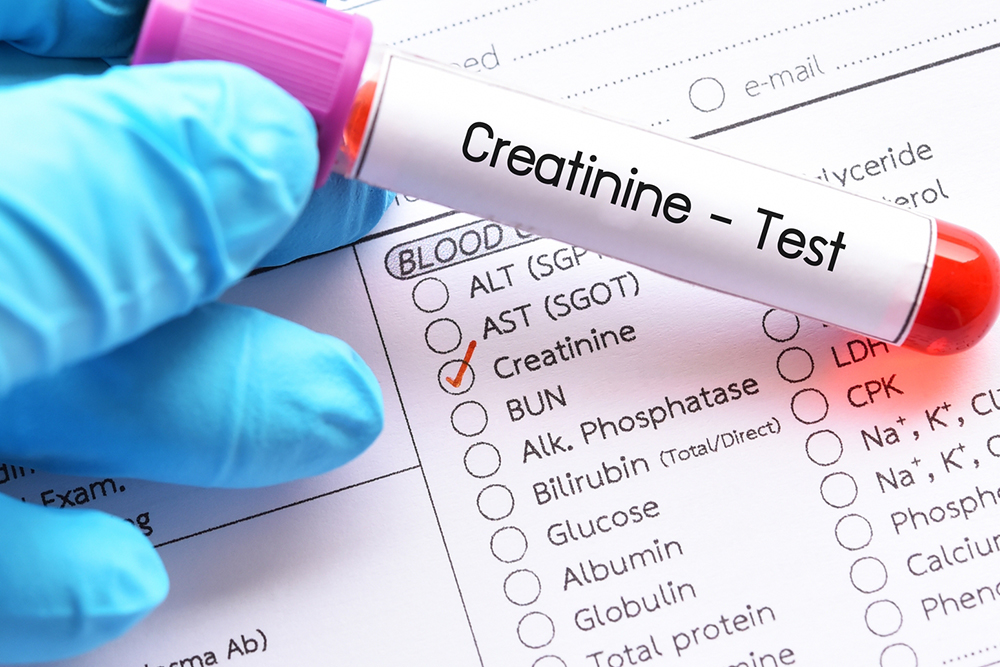Importance of Keeping Creatinine Levels within Healthy Range
Maintaining normal creatinine levels is vital for kidney health and overall well-being. This article explains what creatinine is, why its levels matter, and how to keep them within a healthy range to prevent kidney damage. Regular monitoring and understanding the normal ranges can help detect early signs of kidney problems, allowing timely intervention. Learn the importance of controlling creatinine levels, especially if you have conditions like diabetes or hypertension, to ensure long-term health and prevent complications.

Why Maintaining Normal Creatinine Levels is Essential for Your Health
Our body relies on specific health parameters to gauge overall well-being, including blood pressure, blood sugar, and creatinine levels. These indicators help determine if our organs are functioning optimally. While many are familiar with blood pressure and blood sugar, awareness about the significance of normal creatinine levels is relatively limited. Understanding this helps in proactive health management. Read on to learn why maintaining proper creatinine levels is crucial for kidney health and overall wellness.
What does creatinine mean?
Creatinine is a waste product generated during muscle metabolism. It’s naturally present in everyone’s body since muscle activity produces it as a by-product. The kidneys are responsible for filtering creatinine from the bloodstream and excreting it through urine. When kidney function is normal, creatinine levels stay within a healthy range, indicating good renal health.
Why is controlling creatinine important?
Similar to blood sugar and blood pressure, maintaining creatinine within normal limits reflects overall health. Elevated levels suggest impaired kidney function, which could lead to serious complications like kidney failure if not addressed. Conditions such as diabetes, hypertension, and certain medications can raise creatinine levels. Regular monitoring is vital to prevent renal damage and ensure early intervention.
Normal creatinine values
Since muscle mass influences creatinine levels, men typically have higher readings than women. Normal ranges are determined through blood and urine tests:
Men: 0.6 to 1.2 mg/dL; 53 to 106 µmol/L
Women: 0.5 to 1.1 mg/dL; 44 to 97 µmol/L
Teenagers: 0.5 to 1.0 mg/dL
Children: 0.3 to 0.7 mg/dL
Urine creatinine levels are:
Men: 107 to 139 mL/min; 1.8 to 2.3 mL/sec
Women: 87 to 107 mL/min; 1.5 to 1.8 mL/sec
It’s essential to take action if levels exceed these thresholds to protect kidney health.










